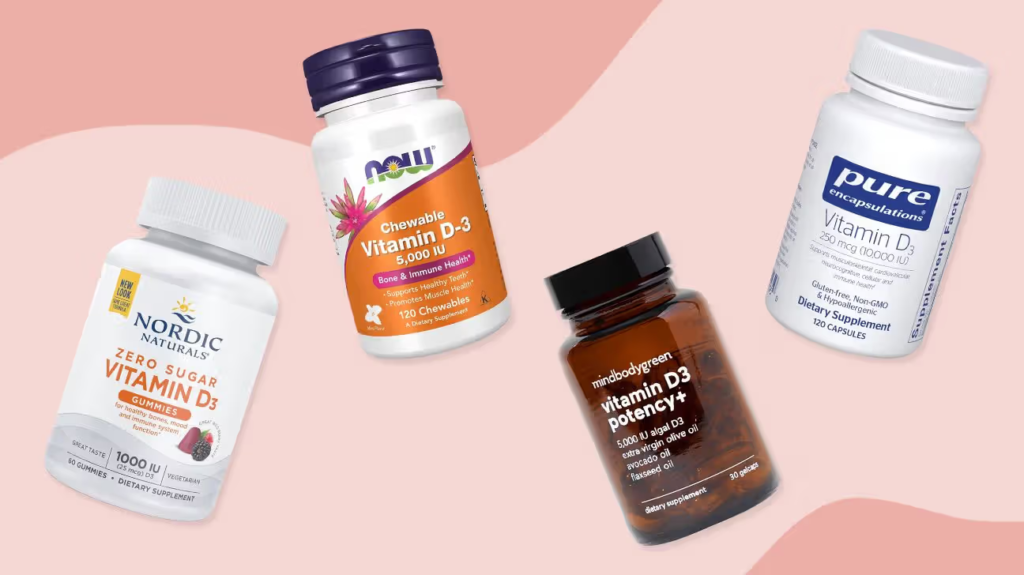Winter often brings a significant drop in sunlight exposure, impacting the body’s natural production of vitamin D. Known as the “sunshine vitamin,” it plays a vital role in strengthening the immune system, helping the body fend off seasonal illnesses like colds and flu.
The Link Between Vitamin D and Immunity
Vitamin D is essential for activating T cells, which are crucial in the immune response. Insufficient levels of vitamin D have been associated with increased susceptibility to respiratory infections and weakened immune defenses. Recent research also suggests that maintaining optimal vitamin D levels could mitigate the severity of inflammatory and autoimmune diseases.
How to Get Enough Vitamin D During Winter
- Sunlight Exposure: While limited in winter, aim for 10-15 minutes of sunlight on your face and arms when possible, considering your skin tone and location.

- Vitamin D-Rich Foods:
- Fatty fish like salmon, tuna, and mackerel.
- Egg yolks.
- Fortified foods, such as milk, orange juice, and cereals.

- Supplements: If meeting daily requirements is difficult, supplements can be a safe and effective option. Always consult a healthcare provider for the appropriate dosage.

Discover the best vitamin D supplements on Amazon here.
Who Is at Risk of Vitamin D Deficiency?
- Older Adults: Aging reduces the skin’s ability to synthesize vitamin D.
- People with Darker Skin: Higher melanin levels reduce the skin’s efficiency in producing vitamin D from sunlight.
- Those with Limited Sunlight Exposure: Due to lifestyle or geographic location.

Recommended Vitamin D Intake
The daily recommended intake varies based on age and specific conditions:
- Adults: 600-800 IU/day.
- People over 70 years old: 800-1000 IU/day.
- Pregnant women: 600 IU/day.
While rare, excessive vitamin D supplementation can lead to toxicity, so avoid overdosing without professional guidance.
Conclusion
Winter doesn’t have to mean vitamin D deficiency. By combining smart sunlight exposure, a nutrient-rich diet, and supplementation when necessary, you can keep your immune system robust and ready to tackle the season. Adopt these habits today and enjoy a healthier winter!



